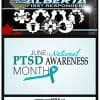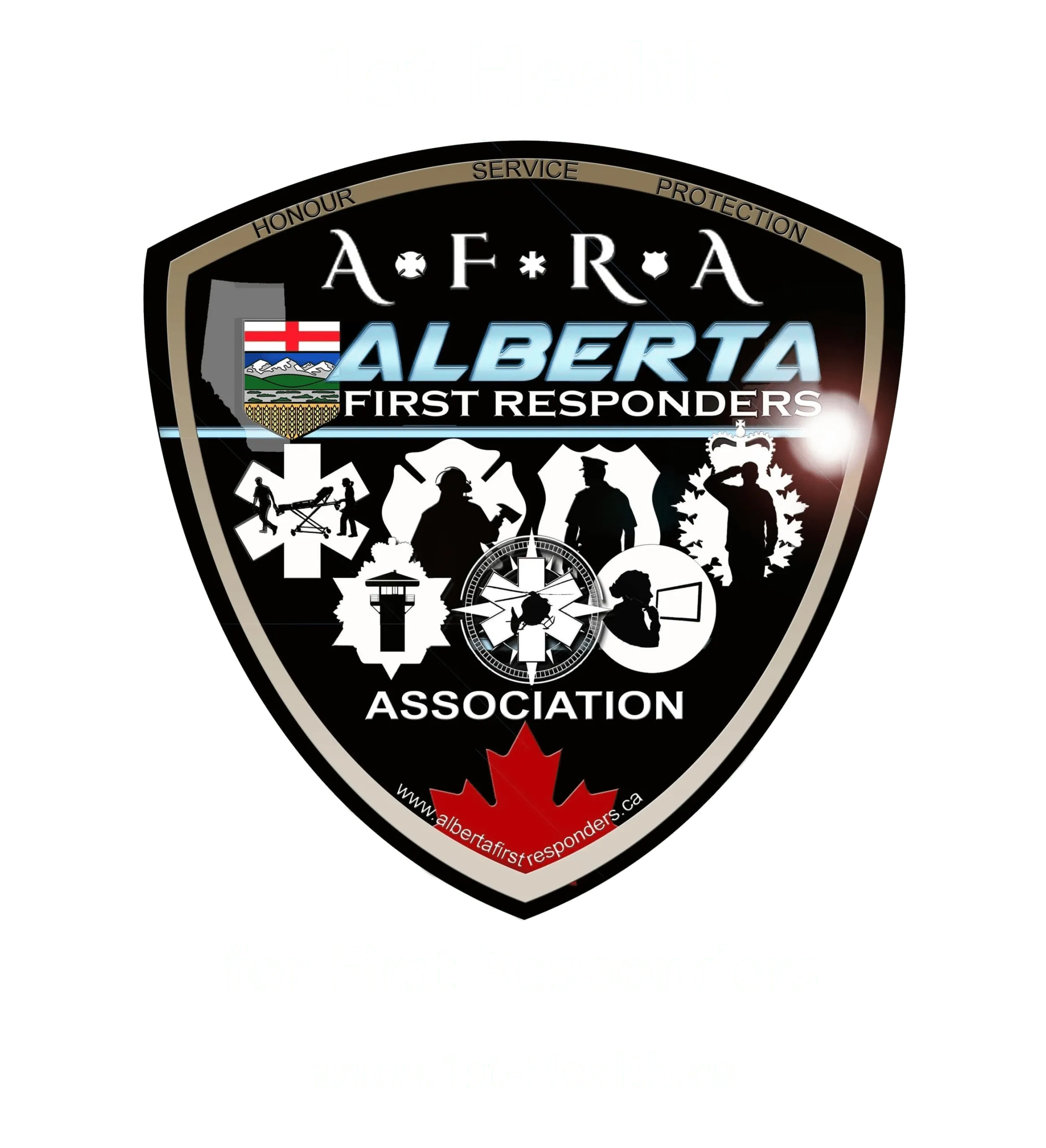Module 9: Family Integration in Your Health & Support
This module recognizes the critical role of your family as primary support systems and caregivers. It provides practical strategies for you, an Alberta first responder, to involve your family in your health journey, fostering stronger communication, mutual understanding, and access to relevant resources tailored for Alberta’s first responder families. Your family is your foundation; let’s strengthen it.
Introduction: Your Family – The Unsung Heroes
Family as Your First Line of Support:
For every Paramedic on a long shift, every Police Officer facing a critical incident, and every Firefighter responding to an emergency, there’s often a family waiting at home. This module acknowledges the profound impact your career has on your loved ones and their essential, though often unseen, role in your overall well-being.
A Shared Journey:
- Your health journey as an Alberta first responder is rarely an isolated one. It’s often a shared experience with your spouse, children, parents, and other loved ones who live with the unique demands of your profession.
Breaking Down Isolation:
The nature of first responder work can sometimes lead to isolation, even from family. This module helps you understand how actively involving your family can combat this, building stronger bonds and a shared understanding of your world.
Section 8.1: Effective Communication with Your Loved Ones
Actionable Tool: The “Home Transition” Protocol
- Post-Shift Ritual: Create a conscious ritual to transition from work to home. This could be changing out of uniform, a 15-minute drive home listening to non-work related music, or a quick shower. This physical and mental break signals to your brain that work is done.
- Pre-Conversation Check-in: Before immediately diving into family discussions, give yourself (and them) a moment. A simple, “Hey, I just need 15 minutes to decompress, then I’d love to chat,” sets expectations.
- “What I Can/Cannot Share”: Be open about what you can and cannot discuss from your day due to confidentiality or the traumatic nature of events. For sensitive topics, you might say, “Today was really tough, I can’t go into details, but I’m feeling X.”
Active Listening for Family:
Just as you listen intently on the job, practice active listening with your family. Understand their concerns, fears, and observations about the impact your work has on them. Their perspective is invaluable.
Explaining the “Invisible Wounds”:
Provide tips for communicating the non-physical impacts of the job – the stress, the fatigue, the emotional shifts – to family members who may not fully grasp what you experience. Help them understand that irritability or withdrawal isn’t personal, but a potential symptom of occupational stress.
Setting Realistic Expectations:
Openly communicate about shift changes, unexpected calls, and your need for decompression time. Realistic expectations can prevent misunderstandings and resentment within your Alberta first responder family.
Section 8.2: Involving Your Family in Your Health Plan in Alberta
Family as Part of Your Support Team:
Empower your family members to actively participate in your health and wellness goals. They can be invaluable in helping promote healthy habits, recognizing early signs of distress you might miss, or gently encouraging you to seek help when needed. They are often your most observant allies.
Actionable Tool: Creating a “Family Wellness Huddle”
-
- Frequency: Set a regular, brief family meeting (e.g., 10-15 minutes once a week).
- Agenda: Briefly discuss:
- “How are we all feeling this week?” (physically, emotionally).
- “What’s one positive thing we did for our health?”
- “What’s one challenge we faced?”
- “What’s one small health goal for the week?”
- Purpose: This normalizes health discussions and encourages everyone to be proactive about well-being.
Educating Family on First Responder Culture:
Provide your family members with a basic understanding of the unique stressors, language, and culture of first responder work in Alberta. This knowledge fosters empathy and helps them feel more connected to your world, making it easier for them to offer appropriate support.
Actionable Tool: Jointly Creating a “Family Resiliency Toolkit”
-
- List Shared Activities: Brainstorm hobbies or activities you can do together that promote relaxation and connection (e.g., hiking in Alberta’s parks, family game nights, cooking together).
- Identify Support for Them: Discuss who your family members can reach out to if they are worried about you, or if they need support for themselves.
- Emergency Contact Plan: Ensure they know who to call in a crisis, including your EAP if available to family.
When to Include Family in Professional Consultations:
Consider the benefits of inviting family members to appointments with health providers, especially for ongoing support or to ensure a shared understanding of your health journey and treatment plan, particularly if you are dealing with an OSI.
Section 8.3: Resources & Support for Alberta First Responder Families
Identifying Family-Specific Support Programs:
Learn about resources and support groups designed specifically for the spouses, partners, and children of Alberta’s emergency services personnel. Organizations like Legacy Place Society and others across Alberta offer invaluable support tailored to this unique experience. These programs provide a safe space for families to connect and share.
Navigating EAP for Families:
Understand how your departmental Employee Assistance Programs (EAPs) often extend confidential support services directly to family members. This can include counseling, financial advice, or legal consultation, providing crucial support when navigating the challenges of a first responder’s career. Ensure your family knows how to access these services.
Understanding Financial & Administrative Impacts:
In times of health decline or injury, family members often become primary caregivers and may need to navigate administrative processes. Seek information on how family members can understand and navigate benefits, insurance, or workers’ compensation claims related to a first responder’s health. Knowledge here can alleviate significant stress.
Actionable Tool: Building a “Family Resource Contact List”
-
- Create a physical or digital list accessible to all family members that includes:
- Your EAP contact information (with family access noted).
- Local crisis lines and mental health support lines in Alberta.
- Contact for organizations like Legacy Place Society.
- Emergency contacts for your work and personal life.
- Create a physical or digital list accessible to all family members that includes:
Review this list periodically with your family to ensure they know who to call and when.



